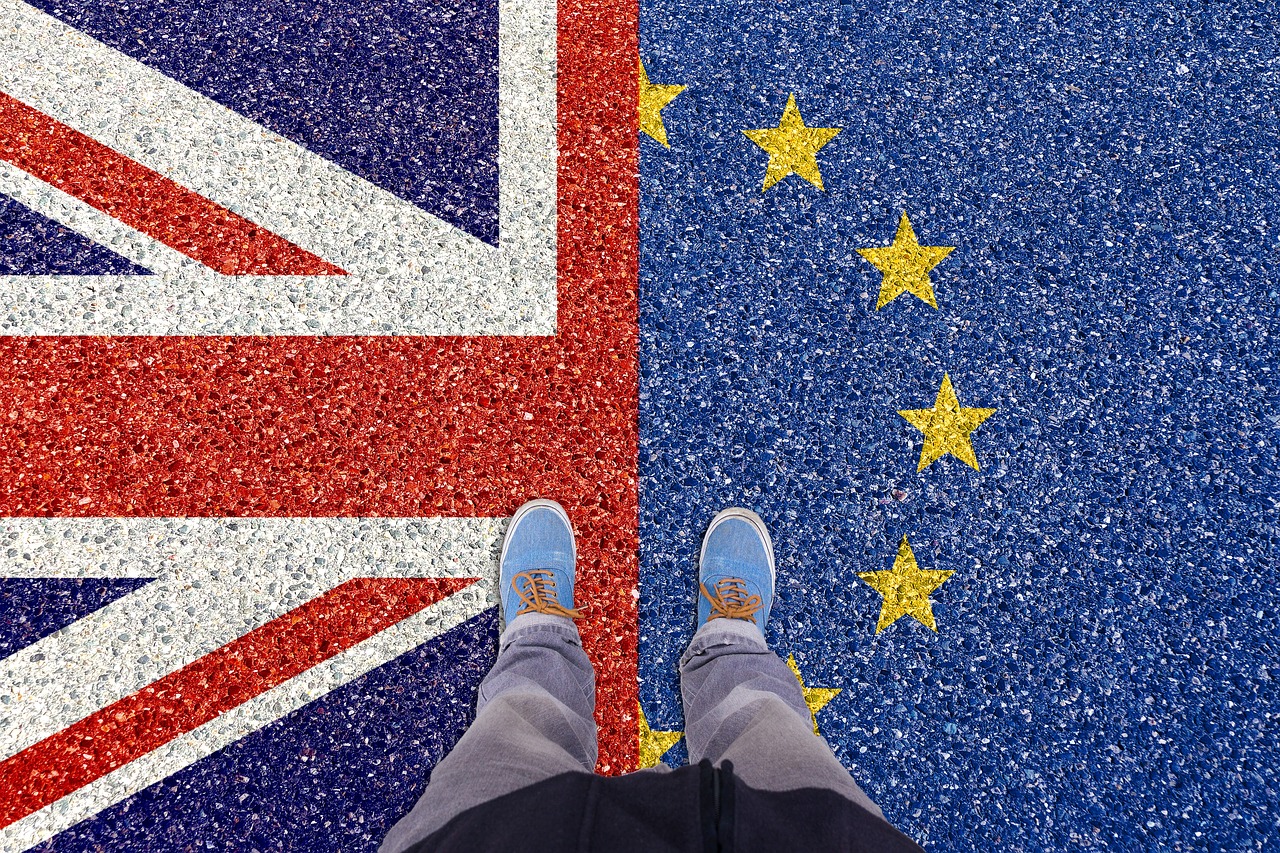Brexit: UK sets tariff-free in caso of no-deal

Tariffs will be cut to zero on 87% of imports to the UK as part of a temporary no-deal plan but prices of some imports including meat, shoes, underpants and cars will go up.
In an attempt to prevent a £9bn price shock to business and consumers while “supporting farmers and producers who have been protected through high EU tariffs”, the government on Wednesday set out its long-awaited pricing regime in the event that the UK crashes out of the EU on 29 March.
Among the consumer goods that will be hit are imports of beef, prices of which will go up by almost 7%, cheddar cheese, up by about £20 per 100kg, and imported “fully finished” cars, which would attract a 10.8% levy, or about £1,500 for an average new car.
The UK’s temporary tariff regime for a no-deal scenario is designed to minimize costs to business and consumers while protecting vulnerable industries. Most imports into the UK would not attract a tariff in the event of a no-deal Brexit, under the arrangement.
The government will also take a temporary approach to avoid new checks and controls on goods at the Northern Ireland land border if the UK leaves the EU without a deal. The UK’s temporary import tariffs will therefore not apply to goods crossing from Ireland into Northern Ireland.
This regime is temporary and the government would closely monitor the effects of these tariffs on the UK economy. It would apply for up to 12 months while a full consultation and review on a permanent approach to tariffs is undertaken.
However, tariffs would still apply to 13 percent of goods imported into the UK. This includes a mixture of tariffs and quotas on beef, lamb, pork, poultry and some dairy to support farmers and producers who have historically been protected through high EU tariffs.
British businesses would not pay customs duties on the majority of goods when importing into the UK if the country leaves the EU without an agreement. The EU has also said that no deal plans are “more important than ever” after the defeat in Parliament last night.
A number of tariffs on finished vehicles will be retained in order to support the automotive sector. However, car makers relying on EU supply chains would not face additional tariffs on car parts imported from the EU to prevent disruption to supply chains. In addition, there are a number of sectors where tariffs help provide support for UK producers against unfair global trading practices, such as dumping and state subsidies. Tariffs would be retained for these products, including fertilizer, fuel certain ceramics.
To meet the government’s long-standing commitment to reducing poverty through trade, it currently offers preferential access to the UK market for developing countries. To ensure that access for developing countries is maintained, the government would retain tariffs on a set of goods, including bananas, raw cane sugar, and certain kinds of fish.
“Our priority is securing a deal with the EU as this will avoid disruption to our global trading relationships. However, we must prepare for all eventualities,” says Trade Policy Minister George Hollingbery. “This balanced approach will help to support British jobs and avoid potential price spikes that would hit the poorest households the hardest. It represents a modest liberalization of tariffs and we will be monitoring the economy closely, as well as consulting with businesses, to decide what our tariffs should be after this transitional period.”
The food and beverage industry, which is particularly susceptible to the trading challenges a no-deal represents and has been fighting for clarity for many months, continues to watch closely as a week of Brexit votes unfolds.
Helen Dickinson, Chief Executive of the British Retail Consortium (BRC), also warns “hundreds of ships are currently sailing towards Britain without a clear understanding of the tariffs, checks, or documentation requirements, they will face when they arrive.”
“Even as the Brexit clock approaches midnight, MPs continue to squabble. Yet it is the public who will feel the impact of a no-deal Brexit – tariffs, non-tariff barriers and currency depreciation will all push up costs and reduce the choice on the shelves we currently enjoy,” she says.
Businesses are exasperated by the lack of clarity over their future trading arrangements, Dickinson stressed and urged politicians to “swallow their pride” and find an agreement that can command the support of the House of Commons.
The temporary tariffs would also apply equally to all other trading partners, except for those who already have a free trade agreement with the UK in place and around 70 developing countries that will benefit from preferential access to the UK market.
The government admits that it’s not possible to maintain its current external tariff regime and apply it to the EU, as this would impose new tariffs on EU imports, drive up prices for consumers and disrupt business supply chains – vital aspects for the food and beverage industry.
The government also notes that if it fully maintained zero tariffs with the EU, this would also have to extend to the rest of the world due to World Trade Organization (WHO) rules. This would minimize disruption to EU trade but would open the UK to competition from other countries including those with unfair trading practices, it says.

